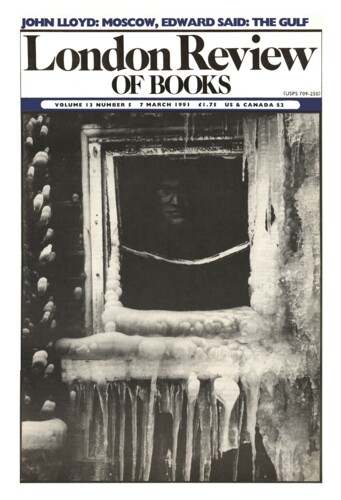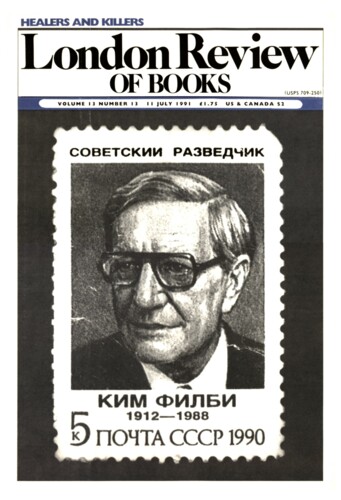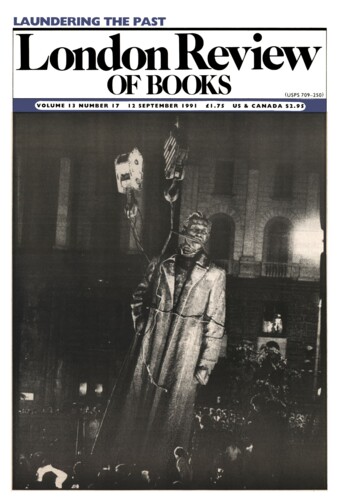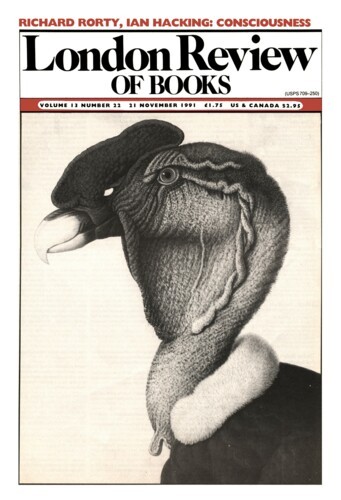What happened to Gorbachev
John Lloyd, 7 March 1991
This is written in Moscow as the Soviet Union trembles on the brink of its next period of trembling on the brink. Brink-trembling has been the Soviet leadership’s main stance over the issues on which its subjects judge it – supply, production, civil peace. It is commonly assumed that it cannot go on for ever, that the brink will finally collapse from the effect of all that trembling. But there is no good reason why it should not go on for some time yet.’





